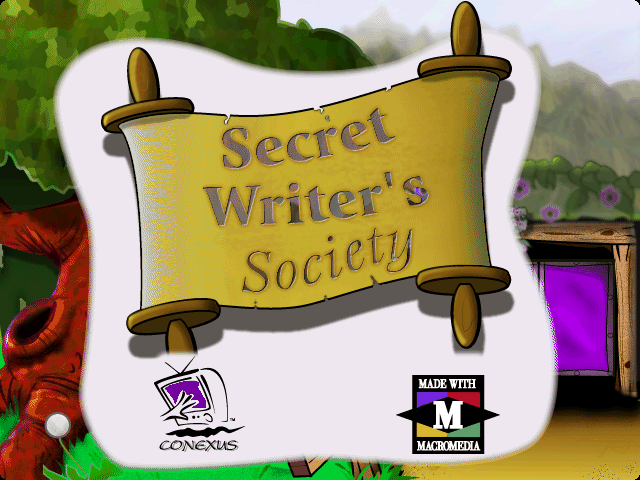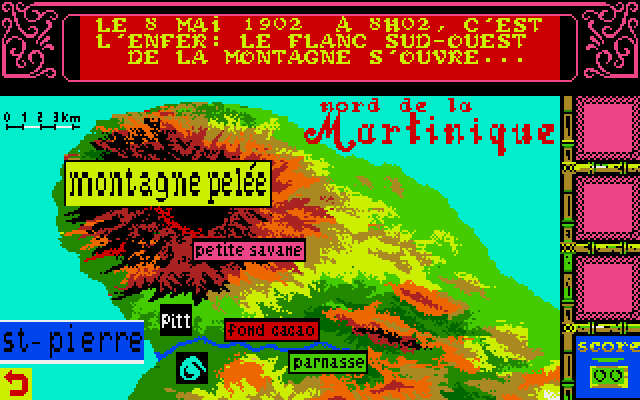Preservation panel recap and Awesome Con 2018 
A few panel-related updates! Our game preservation panel from Super MAGFest 2018 is up on YouTube now:
Two things I wish I’d done differently. One is letting all questions wait until the end of the panel. This was my first time moderating a group discussion; lesson learned!
The other thing is, when talking about community-focused archiving and the importance of preserving smaller games, I forgot to mention how important sensitivity is. A lot of smaller games are very personal, or their creator might not be proud of them (think of dumb things you made as a teenager). Having them preserved outside the creator’s control, with their name attached, could be insensitive, disrespectful, or harmful. That’s one of the reasons why to collaborate with communities.
The panel went really well. The organizers let the Q&A run 10 minutes over the original panel time, and then we spilled over into another room to continue talking with attendees. It was an amazing experience, and we were glad to get so many people thinking about game preservation (plus the surprise appearance from the Internet Archive’s Jason Scott). Once again, I’m very grateful to the other panelists for participating! Thanks to all who attended.
Additionally, I’ll be running another panel very soon! Next week on Saturday, March 31st at 3pm, I’ll be at Awesome Con 2018 in Washington, DC hosting Gaming in the Grey Zone: Fangames, Hacks, and Mods. I’ll be speaking about the dubious DIY world of fangames and fan-made game modifications and how they interact with gaming culture. If you’ve ever wanted to hear about a Biblical Sonic the Hedgehog fangame at a comic convention, this is your chance!


